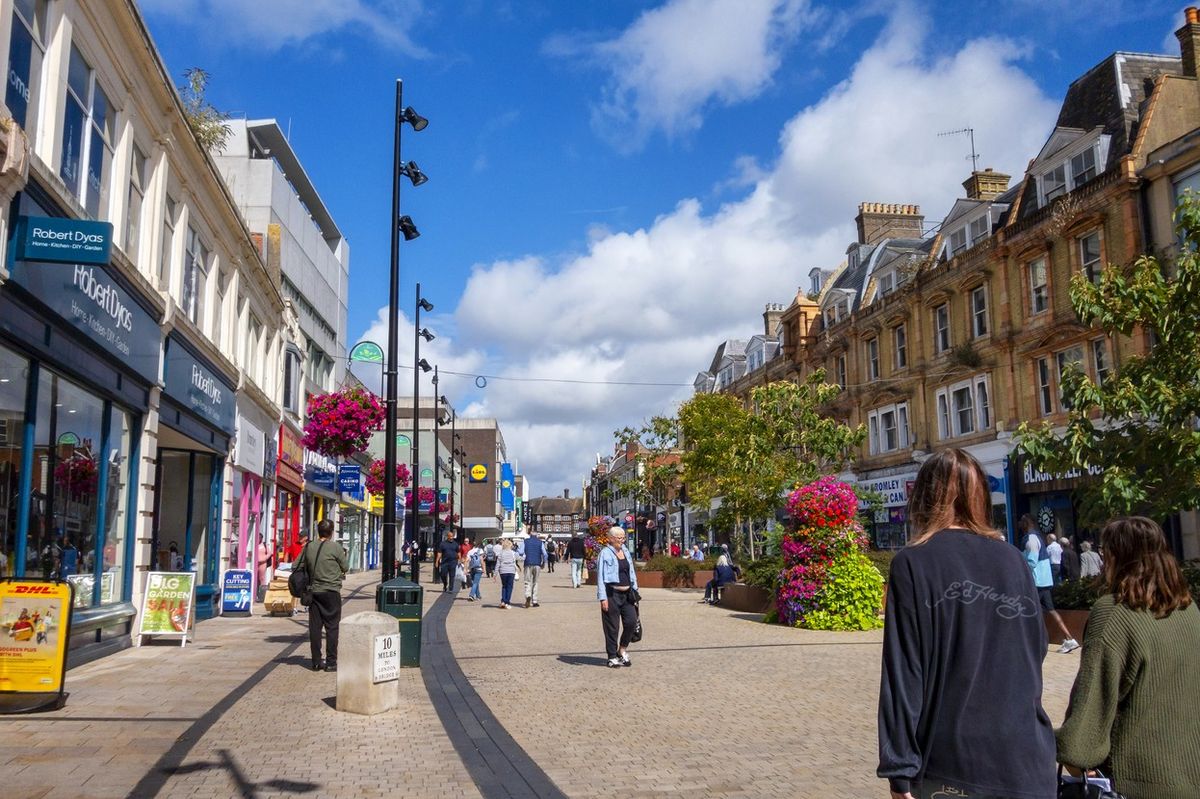Retail sales volumes are estimated to have fallen by 1.1 per cent in October 2025, following an increase of 0.7 per cent in September 2025, the latest figures from the Office for National Statistics show.
This was the first monthly fall since May 2025. Supermarkets, clothing, and mail order retailers fell in October 2025, which some retailers attributed to consumers delaying their spending in the lead up to Black Friday.
The quantity of goods bought (volume) in retail sales is estimated to have risen by 1.1 per cent in the three months to October 2025 compared with the three months to July 2025.
Clothing store sales rounded off a strong performance in those three months, peaking in September, while computer and telecommunication retailers rose across September and October 2025.
Jacqui Baker, head of retail at RSM UK and chair of ICAEW’s Retail Group, said, “The positive streak of retail sales growth came to a halt in October, as budget jitters took hold. Consumers held off from splurging in anticipation of potential tax hikes and hit pause on spending to take advantage of Black Friday deals.
“The milder weather led to a fall in clothing sales. However, clothing should be one of the main beneficiaries of the annual Black Friday event, so it’s hoped that sales will turnaround in November.
"The UK housing market has more or less come to a standstill due to fears of higher property taxes in the budget. As people look to stay put and refresh their homes rather than do a big move, household goods saw a boost in October.
“The Golden Quarter hasn’t got off to the strongest start for many retailers, so the final few weeks of the year will hinge on the outcome of the budget which is not ideal timing for the retail sector.
"If consumers are stung by higher taxes, this will only cause them to retreat even further, just before Black Friday and the pre-Christmas shopping period. Conversely, if households emerge from the budget unscathed, this could be the boost they need to get spending.
“Retailers will also be hoping to see the Chancellor announce pro-growth measures. The government must deliver on the long overdue business rates reform, as well as give businesses certainty and support on labour costs.
"This will give retailers the confidence to invest, in turn, benefitting the UK’s high streets and wider economy. Without this, we may see more retail insolvencies as we enter the New Year.”
Thomas Pugh, chief economist at RSM UK, added, “Retail sales fell by 1.1% in October, but after four months of consecutive growth and relentless budget speculation, it was always likely there’d be a bit of payback in October. That weakness looks to have persisted into November with consumer confidence falling to -19 from -17 as budget uncertainty continues to dampen sentiment.
“We think the outlook for consumer spending will be challenging over the coming months. Wage growth has slowed sharply in recent months, and against a backdrop of elevated inflation, real wage growth was just 0.7% in September, down from almost 2.0% at the start of the year and looks unlikely to pick up anytime soon with inflation set to remain above 3.0% until April.
“This will be compounded by the upcoming budget, we’re expecting around £30-40bn in tax rises. Even if the Chancellor has ditched a manifesto-busting income tax hike, we expect most of that to fall on households which will drag on disposable incomes and dampen the prospects for consumer spending.
“The good news is that the household savings ratio remains over 10%. This means households have plenty of scope to soften the impact of tax hikes on consumption through lower savings, especially if the upcoming budget can put to bed the endless confidence-sapping speculation around the public finances.
"What’s more, unless the budget is really stagflationary, then we’re expecting another interest rate cut in December and at least one more next year. That should help to offset some of the budget pain and encourage consumers to save a little bit less.”


